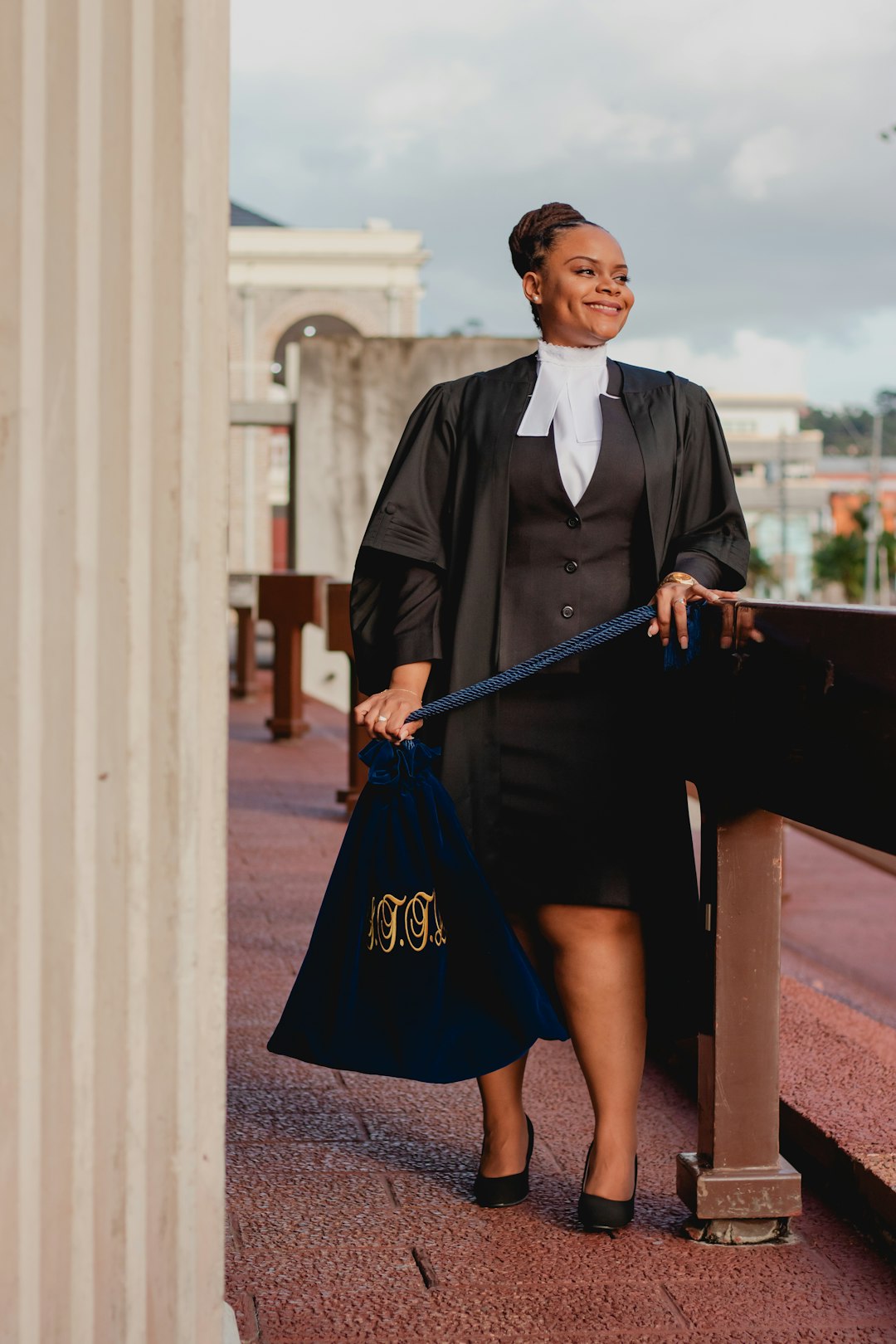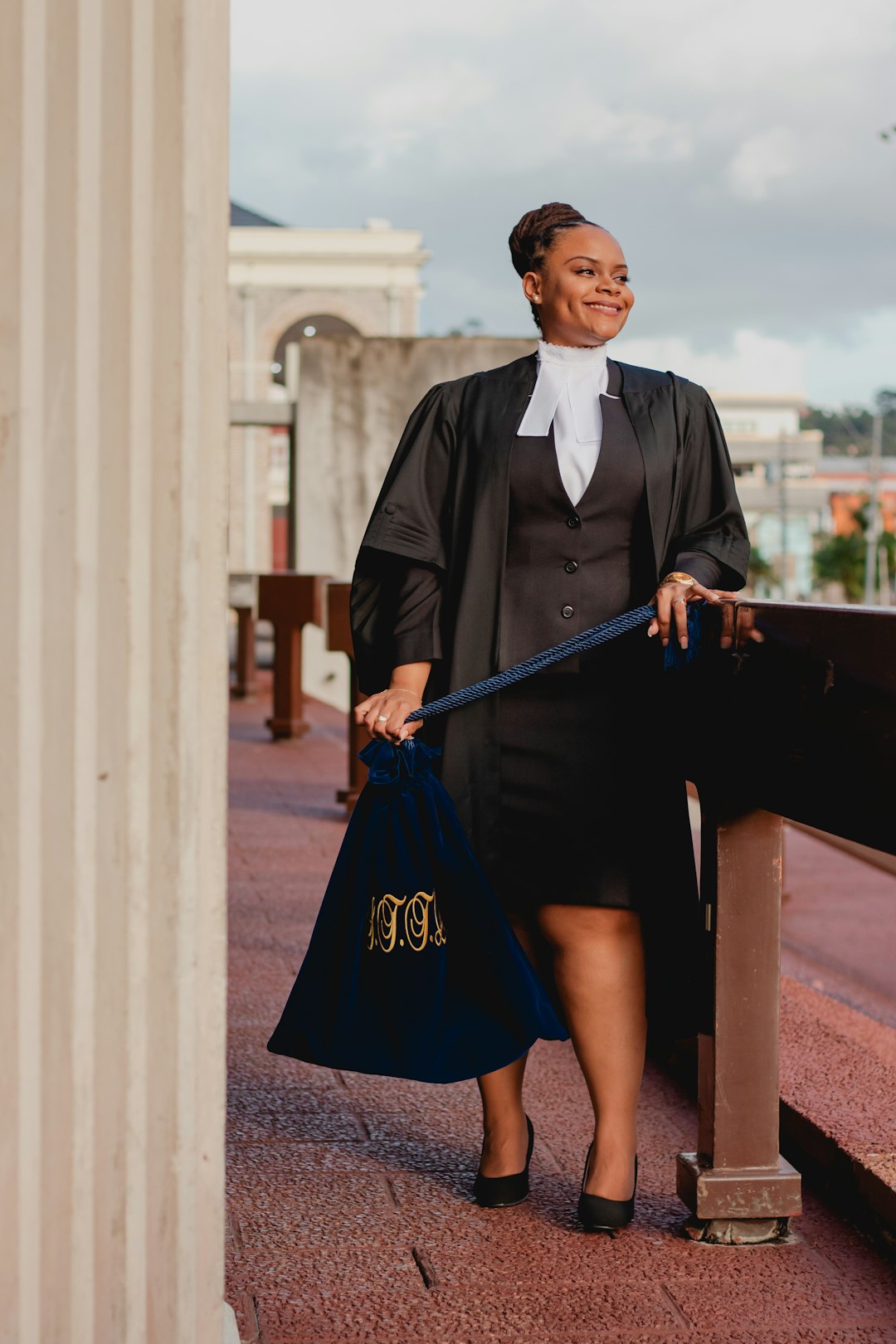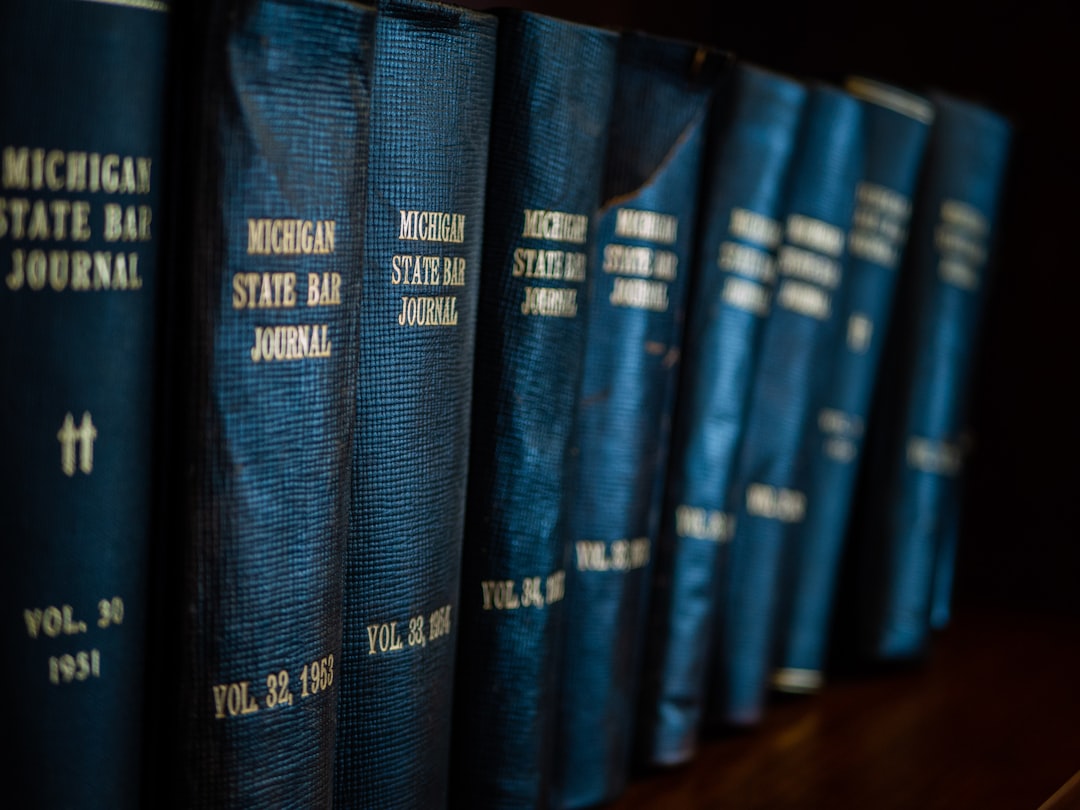Cultural barriers, including honor, privacy, language, and gender roles, deter elder sexual abuse victims in San Diego's diverse communities from reporting. Trust-building and culturally sensitive support systems, like those provided by elderly sexual assault lawyers San Diego, are crucial to overcoming these obstacles and ensuring assistance for vulnerable elders.
In San Diego’s diverse multicultural communities, the reporting of elder sexual abuse is often hindered by unique cultural beliefs and barriers. This complex issue demands careful consideration, especially with the presence of language and communication gaps. Understanding these obstacles is crucial for promoting awareness and fostering trust among vulnerable populations. By examining these challenges, we aim to highlight the importance of tailored strategies to address elderly sexual assault in San Diego, ensuring justice and support for those affected.
Understanding Cultural Barriers to Reporting in San Diego

In San Diego’s diverse multicultural communities, several cultural beliefs and practices can create significant barriers to reporting elder sexual abuse. Many families within these communities place a strong emphasis on familial honor and privacy, which may discourage victims or their relatives from speaking up due to fear of shame or retaliation. Additionally, language and cultural differences can make it challenging for elders to communicate their experiences effectively, especially if they lack access to interpretation services.
The concept of “family dignity” is deeply rooted in some cultures, leading to a reluctance to involve outsiders or authorities in family matters. This attitude may hinder victims from seeking help from elderly sexual assault lawyers in San Diego or other external support systems. Moreover, cultural norms around gender roles and intergenerational relationships can contribute to the underreporting of abuse, as victims might not recognize or acknowledge the exploitation within their own families.
The Impact of Language and Communication Gaps

Language and communication barriers significantly contribute to the underreporting of elder sexual abuse in diverse communities, including San Diego’s multicultural fabric. Non-English speakers often face challenges when accessing services or sharing their experiences due to a lack of translation resources or fear of judgment. This hurdle can prevent victims from seeking help, especially if they rely on family members or community leaders who may not fully grasp the sensitivity of such topics.
In San Diego, with its vast array of cultural backgrounds, finding qualified interpreters who understand the nuances of various languages and cultural contexts is essential. Elderly sexual assault lawyers in San Diego emphasize the need for accessible and culturally competent support systems to encourage victims to come forward. Overcoming these communication gaps is a critical step towards ensuring that all elderly individuals, regardless of their linguistic or cultural background, receive the help they deserve when facing such heinous crimes.
Promoting Awareness and Trust in Multicultural Communities

In multicultural communities, building trust is essential for fostering open dialogue about sensitive issues like elder sexual abuse. Many cultural beliefs and traditions can shape attitudes towards reporting such crimes. For instance, some communities may prioritize family harmony over individual rights or have specific norms around privacy and confidentiality that could deter victims from coming forward. Overcoming these barriers requires a nuanced approach that respects cultural values while emphasizing the importance of protecting vulnerable elders.
Avoiding stigma and promoting understanding can help create an environment where survivors feel safe to speak up. Engaging community leaders, elderly care organizations, and legal professionals specialized in elderly sexual assault cases (like an elderly sexual assault lawyer San Diego) can facilitate these conversations. By increasing awareness and dispelling misconceptions, communities can develop strategies that ensure the well-being of their elderly members while adhering to cultural principles.






